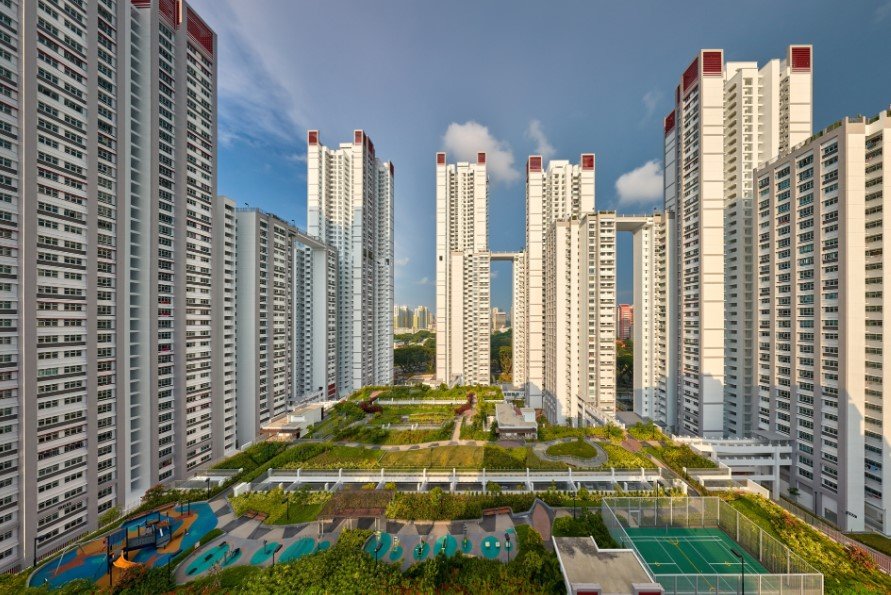Singapore’s private residential market defied the odds and posted a remarkable surge in sales volume and prices in July, despite the government’s latest efforts to rein in the sector. According to the Urban Redevelopment Authority (URA), buyers snapped up 1,412 new private apartments last month, a fivefold increase from 278 units sold in June and the highest monthly figure since November 2021.
Robust demand for new launches
The strong sales performance was largely driven by the launch of two new projects in July, which accounted for more than half of the total transactions. The 1,008-unit Grand Dunman, located in the eastern part of Singapore, sold 550 units at an average price of $2,500 per square foot (psf), making it the best-selling project of the month. Lentor Hills Residences, a joint venture by Hong Leong Holdings Ltd. and others, sold 298 units out of its 598 units at an average price of $2,080 psf.
“Developers brought forward their sales launches ahead of the lunar seventh month, which is deemed by some buyers to be an inauspicious period to make a big-ticket item purchase,” said Christine Sun, senior vice president of research and analytics at OrangeTee & Tie. She added that some buyers may have also rushed to secure their preferred units before the expected increase in construction costs and selling prices.

Local buyers dominate the market
The URA data also revealed that local buyers were the main driving force behind the robust demand for new private apartments. The proportion of Singaporeans who bought new private apartments rose to an almost two-year high of 85% in the second quarter of 2023, according to an analysis by PropNex Realty. This was partly due to the government’s decision in April to double the stamp duty for foreign buyers to 60%, the highest among major markets, and to raise the levy for second-home buyers.
As a result, foreign buying activity has cooled significantly, with only 109 new private apartments purchased by foreigners in the second quarter, down 23% from 141 units in the previous quarter. “With the moderation in demand from foreign investors, local buyers will face less competition,” said Ismail Gafoor, chief executive officer of PropNex. He expects prices to grow 4%-5% for the whole of 2023, supported by a slew of new launches in the coming months.
Outlook remains uncertain
Despite the impressive sales figures in July, some analysts cautioned that the outlook for Singapore’s private residential market remains uncertain, as it faces several headwinds such as rising interest rates, inflationary pressures, and a cloudy economic outlook. Sun said that August sales may be lower due to a lack of large project launches, and that figures in the remaining months are likely to be “volatile”. Wong Xian Yang, Cushman & Wakefield Plc’s Singapore head of research, said that the market may witness a knee-jerk reaction in the fourth quarter, as buyers and developers evaluate the impact of the latest cooling measures.
Furthermore, some experts have warned that Singapore’s property market may be overheating, as prices have risen by more than 20% since mid-2017, outpacing income growth and affordability levels. The government has repeatedly expressed its concern over the sustainability of the market and its intention to ensure a stable and healthy property cycle. Therefore, there is a possibility that more cooling measures may be introduced if prices continue to rise at an unsustainable pace.



































